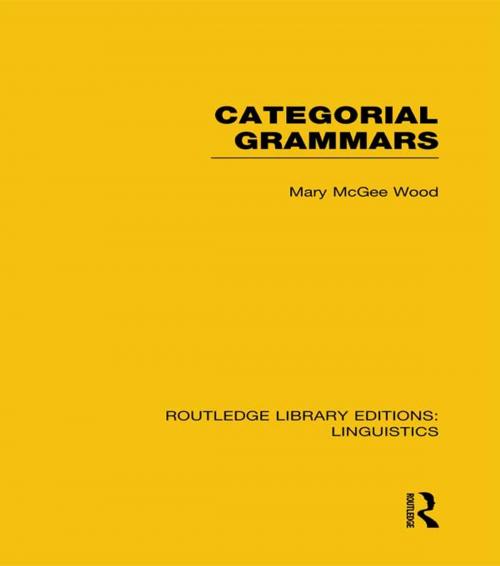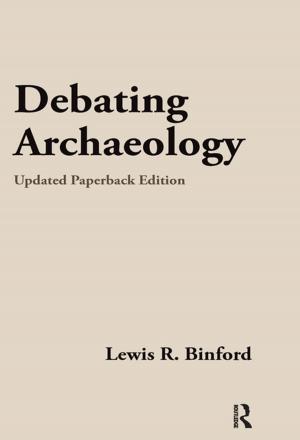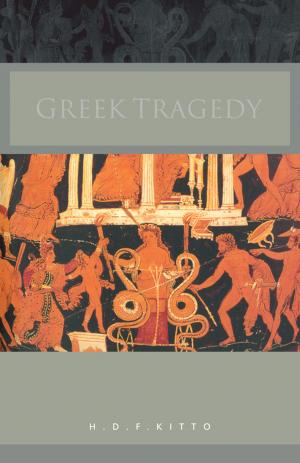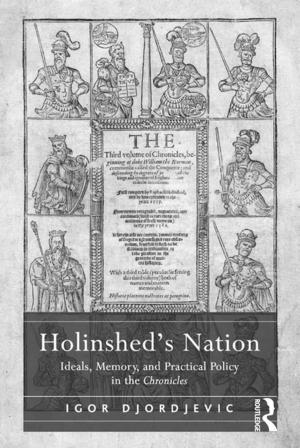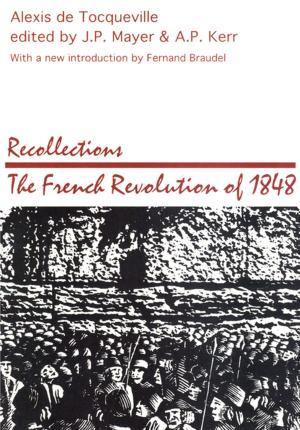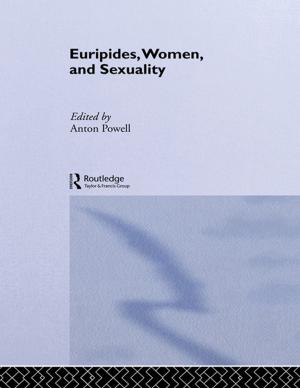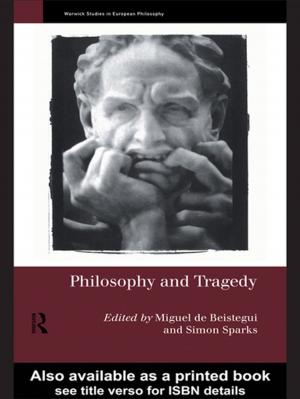Categorial Grammars (RLE Linguistics B: Grammar)
Nonfiction, Reference & Language, Language Arts, Linguistics| Author: | Mary McGee Wood | ISBN: | 9781317933762 |
| Publisher: | Taylor and Francis | Publication: | February 3, 2014 |
| Imprint: | Routledge | Language: | English |
| Author: | Mary McGee Wood |
| ISBN: | 9781317933762 |
| Publisher: | Taylor and Francis |
| Publication: | February 3, 2014 |
| Imprint: | Routledge |
| Language: | English |
In the last few years categorial grammars have been the focus of dramatically expanded interest and activity, both theoretical and computational. This book, the first introduction to categorical grammars, is written as an objective critical assessment. Categorial grammars offer a radical alternative to the phrase-structure paradigm, with deep roots in the philosophy of language, logic and algebra. Mary McGee Wood outlines their historical evolution and discusses their formal basis, starting with a quasi-canonical core and considering a number of possible extensions. She also explores their treatment of a number of linguistic phenomena, including passives, raising, discontinuous dependencies and non-constituent coordination, as well as such general issues as word order, logic, psychological plausibility and parsing.
This introduction to categorial grammars will be of interest to final year undergraduate and postgraduate students and researchers in current theories of grammar, including comparative, descriptive, and computational linguistics.
In the last few years categorial grammars have been the focus of dramatically expanded interest and activity, both theoretical and computational. This book, the first introduction to categorical grammars, is written as an objective critical assessment. Categorial grammars offer a radical alternative to the phrase-structure paradigm, with deep roots in the philosophy of language, logic and algebra. Mary McGee Wood outlines their historical evolution and discusses their formal basis, starting with a quasi-canonical core and considering a number of possible extensions. She also explores their treatment of a number of linguistic phenomena, including passives, raising, discontinuous dependencies and non-constituent coordination, as well as such general issues as word order, logic, psychological plausibility and parsing.
This introduction to categorial grammars will be of interest to final year undergraduate and postgraduate students and researchers in current theories of grammar, including comparative, descriptive, and computational linguistics.
